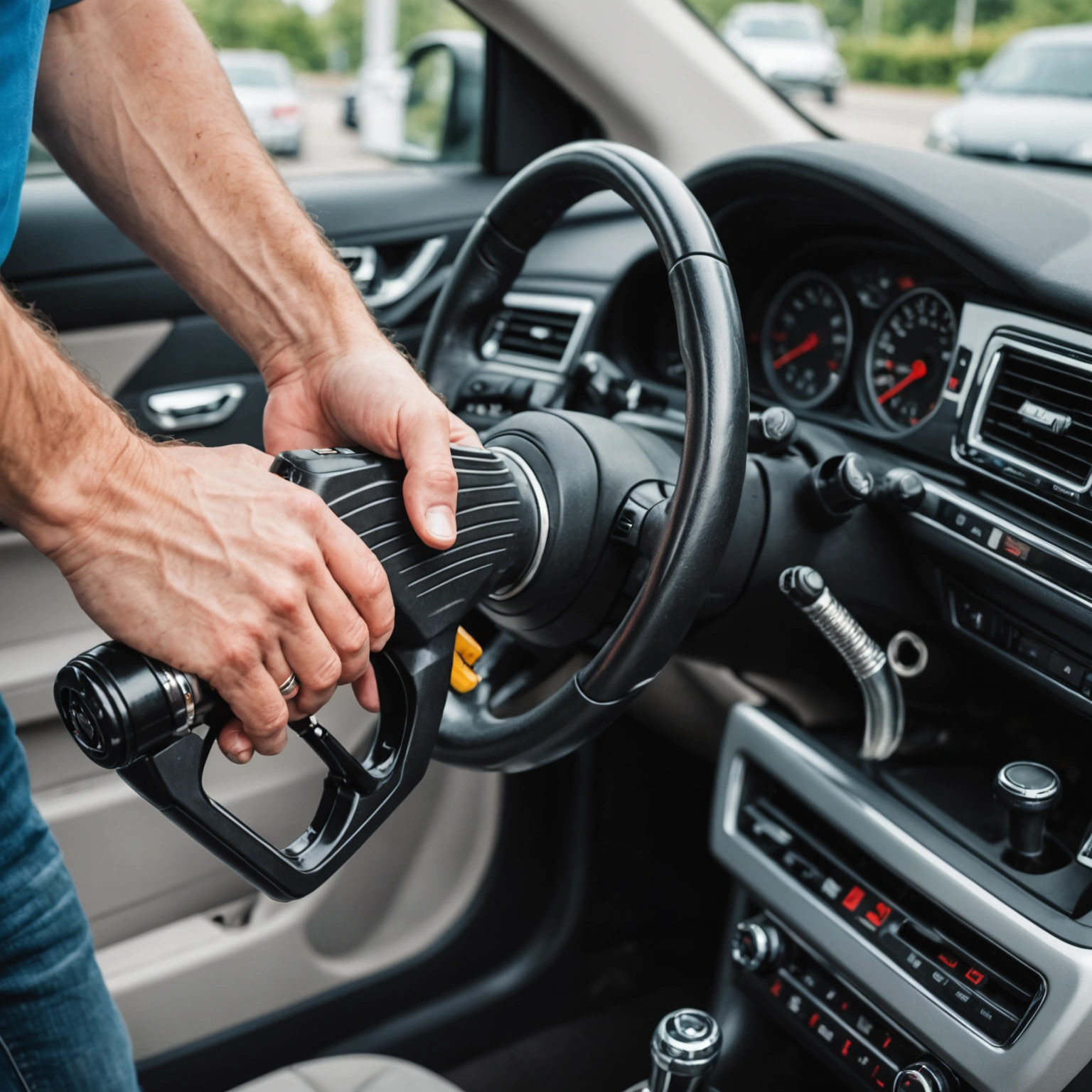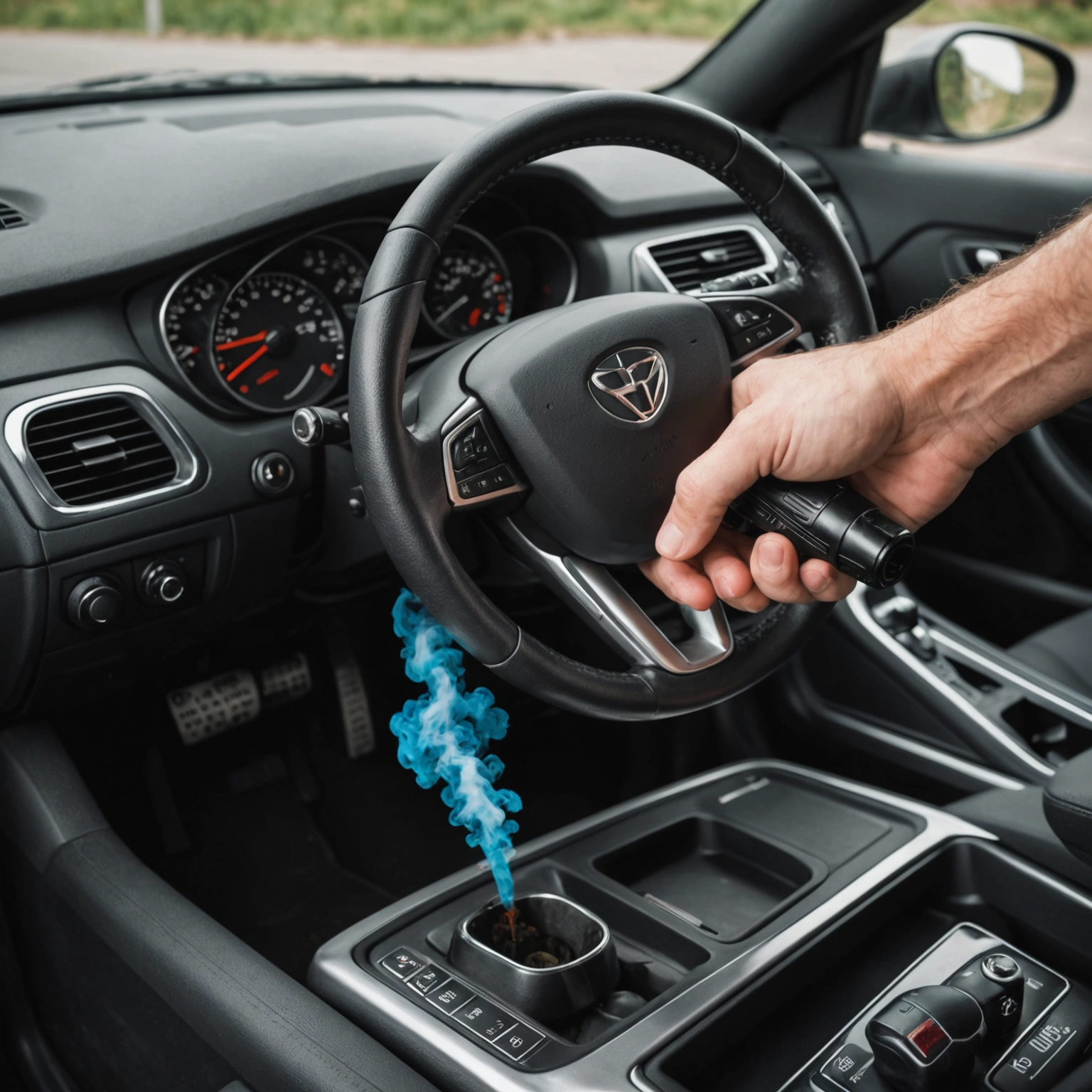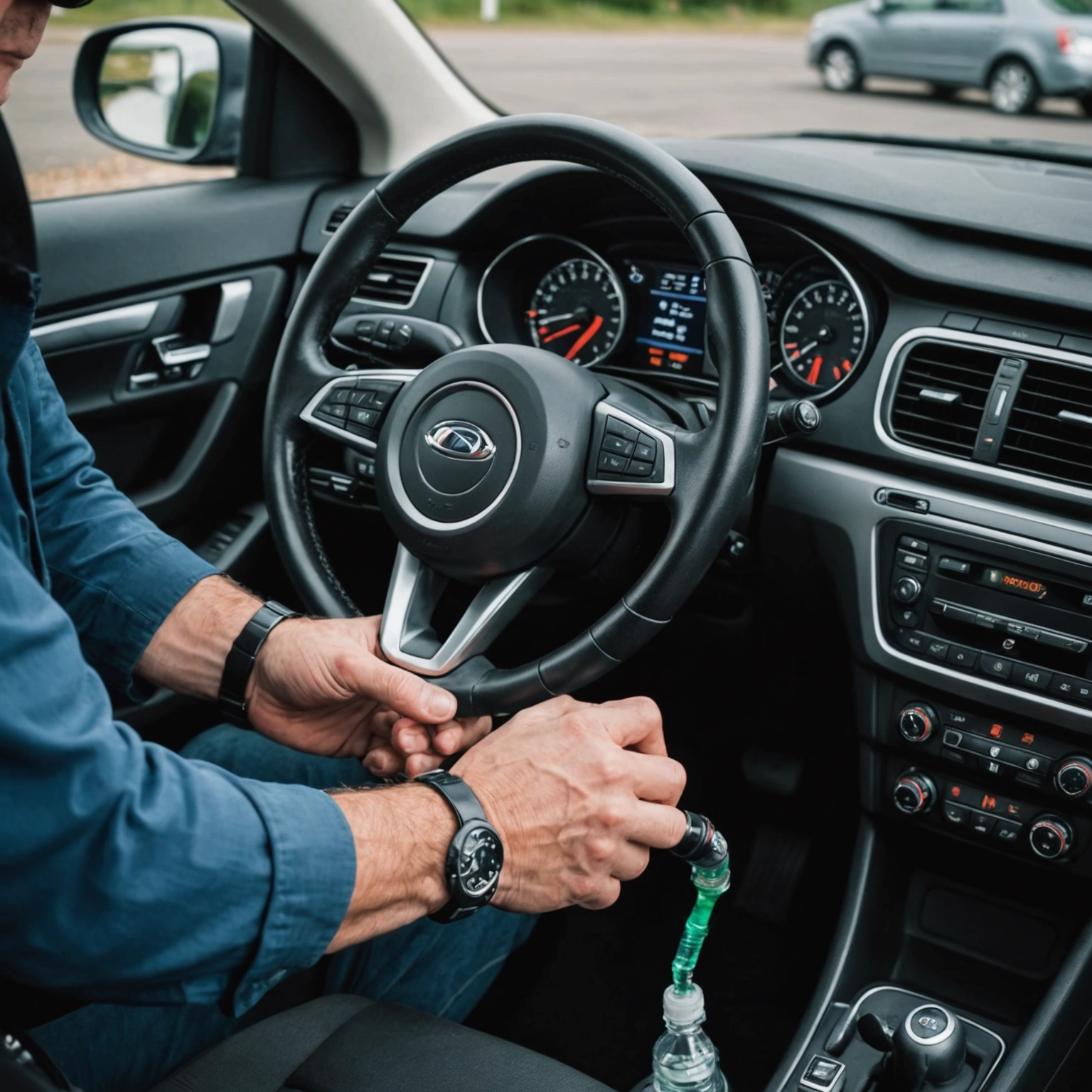**Why Does My Car Smell Like Gas After Filling Up?**
If you’ve recently filled up your gas tank and notice a strong smell of gasoline inside or around your vehicle, you’re not alone. This situation can be concerning, but understanding the common causes can help you determine whether it’s a minor issue or something that requires professional attention. Here’s a detailed look at why your car might smell like gas after fueling up and what steps you should take.

### Common Causes of Gasoline Smell After Filling Up
#### 1. **Fuel Vapor Escape from the Fuel System**

Modern vehicles are equipped with sealed fuel systems designed to prevent fuel vapors from escaping into the atmosphere. However, during refueling, some vapors can escape temporarily, especially if:
– The fuel cap isn’t securely tightened.

– The fuel cap is damaged, cracked, or missing.
– The fuel filler neck or seal has a leak or crack.

**What to do:** Ensure the fuel cap is properly tightened after each fill-up. If the cap is damaged, replace it promptly.
#### 2. **Overfilled Fuel Tank or Spillage**
If you overfill the tank or accidentally spill fuel during refueling, residual gasoline can evaporate, causing a smell. This is especially common when topping off beyond the recommended level.
**What to do:** Avoid overfilling and wipe away any spilled fuel immediately. Use the correct fuel filling procedures.
#### 3. **Fuel Leak in the Fuel System**
A leak in any part of the fuel system—such as fuel lines, injectors, or the fuel tank itself—can lead to gasoline odors. Leaks can be caused by corrosion, damaged hoses, or loose fittings.
**Signs include:**
– Visible fuel pooling under the vehicle.
– Dripping or wet spots around the fuel tank or lines.
– A persistent fuel smell even when not refueling.
**What to do:** If you suspect a leak, have your vehicle inspected immediately by a professional mechanic.
#### 4. **Evaporative Emission Control System (EVAP) Issues**
The EVAP system captures fuel vapors and reroutes them to be burned in the engine. If this system malfunctions—due to a faulty vent valve, charcoal canister, or sensors—it can cause fuel vapors to escape, resulting in a gas smell.
**What to do:** An EVAP system problem usually triggers a Check Engine light. Have diagnostics performed to identify and fix the issue.
#### 5. **Worn or Damaged Fuel Cap**
A worn, cracked, or missing fuel cap can compromise the sealed system, allowing vapors to escape and smell during or after refueling.
**What to do:** Replace the fuel cap if it’s damaged or missing.
### When to Seek Professional Help
While some causes, like tightening the fuel cap or cleaning spilled fuel, are simple fixes, persistent or strong gasoline odors warrant professional inspection. Gas fumes are flammable and pose health risks, so do not ignore the smell.
**Seek immediate assistance if:**
– The smell persists after refueling.
– You notice visible leaks or wet spots.
– There are signs of fuel pooling or dripping.
– The Check Engine or fuel warning lights are on.
### Preventive Tips
– Always use the correct fuel cap and ensure it is tightly secured.
– Avoid topping off the tank beyond capacity.
– Regularly inspect your fuel system components.
– Address any fuel odors promptly to prevent potential safety hazards.
—
**In Summary**
A gasoline smell after filling up can be caused by simple issues like a loose or damaged fuel cap or spilled fuel, or more serious problems like leaks or EVAP system failures. Proper maintenance, cautious refueling, and timely repairs are key to keeping your vehicle safe and odor-free.
If you’re unsure about the cause or if the smell persists, don’t hesitate to consult a qualified mechanic. Your safety and vehicle health depend on it!

